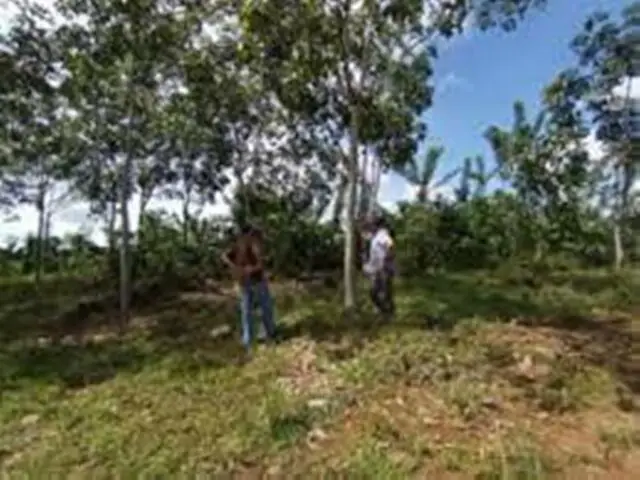Costa Rica imports around 12,000 tons of rubber per year, a material included by the European Union on its list of “crucial raw materials.”To promote the cultivation of rubber in the country and supply the local and international market, the Cooperativa de Fomento y Desarrollo para la ReforestaciónSostenible (COOPROLATEX RL) together with the National Institute of Cooperative Development (INFOCOOP) are looking for 120 farmers from San Carlos, Upala , Limón and Talamanca interested in producing it.
They will provide technical advice, support to obtain quality control certifications and technological assistance. In addition, they will buy the production under world reference prices.
Getting involved in the virtuous circle
“We want to promote this crop among small and medium-sized farmers who own plots, with the idea of getting involved in a virtuous circle of production, extraction, processing and marketing for the national and international market,” explained Bernardo Jaén, general manager of the cooperative.

Cultivation is long-cycle and can be alternated with production of cassava and beans.The rubber is obtained from the milky-type secretions that a tree produces; This resin is obtained naturally and is used to make tires, boots, shoe soles, gloves, tires, and medical supplies, among others.
Regarding the crop cycle, the cooperative explained that its production starts from the fifth year, but it can be alternated with crops such as cassava, teak, beans, plantain and tiquizque.
“During the first five years it requires a simple maintenance process. Use of fertilizers, pest control and pruning. From that stage on, its production begins, which lasts for 30 years steadily”, reported COOPROLATEX R.L.
Farmers interested in growing rubber can request more information by calling: 7013-1981 and 8939-0330, or by email: [email protected] and c[email protected]

